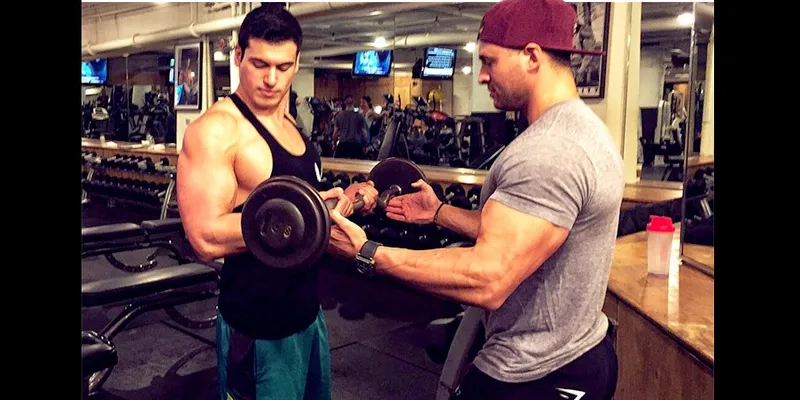

How You Can Become a Fitness Nutrition Specialist and Earn a Decent Salary
To be successful in the field of sports and fitness nutrition, you should necessarily have extensive knowledge of the human body as well as dietary practices, and a desire for working with individuals on a personal level.
A greater interest in preventive care in the United States of America means professional growth in the coming years is estimated to be strong. In this piece of writing, you will learn about the things necessary to become a sports and fitness nutritionist.

Essential Information
A sports and fitness nutritionist is accountable for training athletes and fitness fanatics effective techniques to improve their health, enhance their performance as well as manage their weight. Nutritionists advise people on dietary practices, exercise, and usage of vitamins, minerals, and enhancements. This job necessitates a bachelor's degree in a sports nutrition oriented field. Authorizing requirements may vary by state, and added voluntary certification is also available from multiple establishments, including the American Dietetic Association. This job will surely appeal to people with interests in nourishment, sports training as well as fitness.
Job Description
Sports and fitness nutritionists usually give private consultations to evaluate their customer's lifestyle, eating habits, exercise schedule and use of medicines as well as supplements, together with setting short and long-term goals. A personalized program for accomplishing those goals can be made by the sports and fitness nutritionist, who can also monitor people to make sure they keep on track and accomplish their goals. Other services characteristically delivered by a sports and fitness nutritionist consist of supplement consultations, body structure testing, medical nourishment therapy as well as metabolic rate testing.
Unlike a general nutritionist, sports and fitness nutritionists try to provide customers a nutrition plan that can increase stamina, endurance and instruct them on post-workout recovery requirements. As a result, sports and fitness nutritionists are skilled in calculating an athlete's biochemical configuration and physiology so as to create the most optimum nutritional program.
Education Necessities
Sports and fitness nutritionists can start their careers by getting a bachelor's degree in sports nourishment or an associated program that covers clinical nutrition as well as dietetics. Most of the states necessitate a sports nutritionist to be authorized. State licensure can consist of acquiring professional experience in nourishment or sports training that can be gained through partaking in internships as well as completing an exam.
The American Dietetic Association's credentialing organization, the Commission on Dietetic Registration, provides certification as a Registered Dietitian (RD) to bachelor's degree holders that complete a minimum of 1,200 hours of administered training and take an exam. The Licensed Specialist in Sports Dietetics (CSSD) is open to Registered Dietitians who bear out 1,500 practice hours as an RD and clear a test proving their understanding of nutrition planning, workout science, physical structure, and metabolism.
A number of self-governing organizations have voluntary programs on offer and official recognition in sports nutrition, counting the International Society of Sports Nutrition (sportsnutritionsociety.org) as well as the American Fitness Professionals and Associates (afpafitness.com).
Career Outlook
As per the United States Of America Bureau of Labor Statistics (BLS) nutritionists and dietitians can expect a drastic increase in employment in 2017, which is good news. Jobs will be in superior demand because of an aging population and a greater interest in preventive care. In addition to that, fitness and nutrition specialists can also see a drastic increase in fitness nutrition specialist salary.
In addition to that, to get the kind of salary fitness and nutrition graduates expect that have first to have to complete their online degree program and should be able to exhibit a number of skills. They must be able to advise others on food and nutrition. Furthermore, they can also work in a fitness center, to determine the appropriate way to exercise, to impart strength working out, stretching and cardiovascular training (aerobics). Last but not the least graduates should be well-informed about vitamins and supplements.
Conclusion
To summarize, receiving a bachelor's degree and satisfying the licensing requirements of a particular state are the essential steps in beginning a career as a sport and fitness dietician. Professional authorization is optional. These specialists have complete knowledge on the interaction amid human diet and workout and work to forward that knowledge on an individual basis to all their patients.





